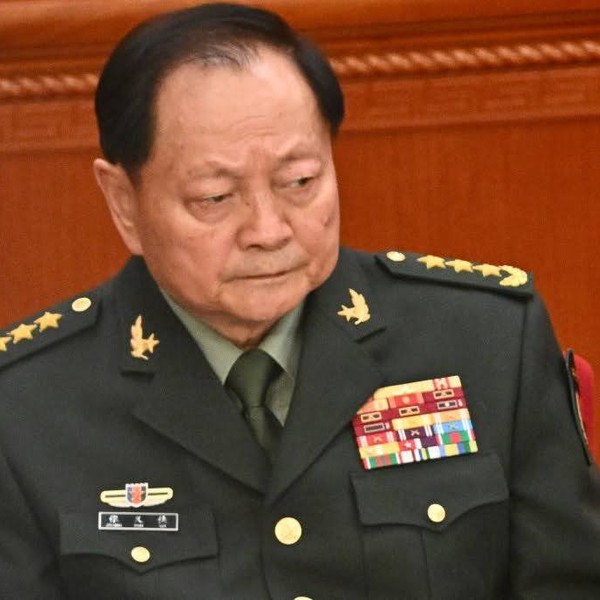Bottom Line Up Front:
- In July 2019, China conducted joint military exercises with two European powers, Germany and France.
- Through Chinese president Xi Jinping’s signature policy, the Belt and Road Initiative, Beijing is seeking to expand its economic and political influence abroad.
- Although China touts BRI as an economic policy, increasing Chinese military and security presence abroad along the trade-routes questions Beijing’s true intentions.
- The U.S. and its allies must also develop a more comprehensive and strategic approach to address the new reality of increased Chinese overseas presence, both in the economic and security realm.
China conducted two joint military exercises on the European continent in July. On July 12, the ‘Combined Aid-2019’ live-fire exercise between the medical service units of Chinese and German armed forces was concluded at the Feldkirchen Training Base in Germany. On July 1, the Chinese guided-missile destroyer Xi'an arrived in the southern French port ofToulon, marking the start of a five-day military exchange, featuring official meetings, joint exercises, and other events aimed at promoting mutual trust and strengthening the strategic partnership between Paris and Beijing. In 2018, in the waters outside of Beijing’s first overseas military base in Djibouti, the Chinese navy conducted a joint exercise with the European Union Naval Force. Joint military exercises with European states are but one example of China’s increasing military and security engagement abroad, especially in places where its ambitious Belt and Road Initiative (BRI) has a presence.
BRI is perhaps the most geopolitically significant strategy of the 21stcentury. Described by the Chinese as an economic policy aimed at promoting globalization, interconnectedness, and free trade through large-scale infrastructure investments, BRI is also a vehicle for expanding Chinese political and security interests and influence abroad. A March 2019 report from the Chinese Government stated that 125 countries had signed bilateral agreements with Beijing under the BRI framework. Beijing has always eyed Europe as an important market for the goods transported and traded along BRI and has signed agreements with 12 EU member states and 5 Balkan countries under the ‘17+1’ Framework (formerly known as ‘16+1’ until Greece joined in March 2019). On March 22, Italy became the first G7 country to officially sign on to BRI, raising concerns about increased Chinese influence on the continent and its consequences for European security.
These concerns are not unfounded given Beijing’s increased military and security presence abroad. In August 2017, China’s first overseas military base opened in Djibouti. Beijing provides the largest number of troops for UN peacekeeping missions. China’s 2015 anti-terrorism law authorizes overseas military presence for counterterrorism purposes, which was used to deploy special forces in Syria (though officially, Beijing has denied any such presence). Foreign and Chinese private security contractors have been employed to protect Chinese infrastructure, investments, and nationals anywhere a BRI project exists—especially in Africa as well as in Central and South Asia.
Apart from protecting its interests abroad, a boosted Chinese military and security presence brings other benefits. Strengthening strategic partnerships with other NATO countries, like Germany and France, and providing troops and humanitarian assistance in conflict zones, portrays China as a responsible global player. It also addresses one of the People’s Liberation Army’s main weaknesses vis-à-vis U.S. military capability: combat experience. However, Beijing must tread carefully when combining economic and security policy under the BRI. An amplified Chinese military and security presence overseas, coupled with a general lack of transparency of Beijing’s policies and intentions, can be seen as infringing on states’ sovereignties and are cause for security concerns. The U.S. and it's allies must also develop a more comprehensive and strategic approach to address the new reality of increased Chinese overseas presence, both in the economic and security realm.









